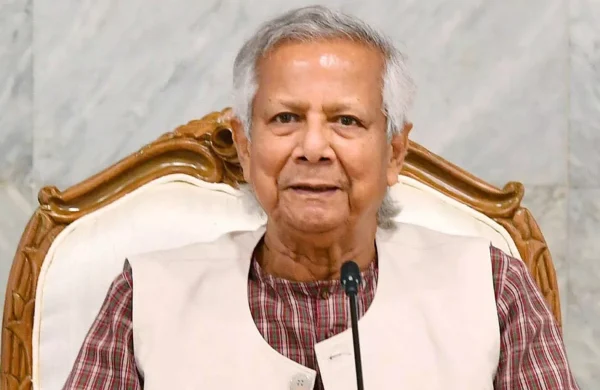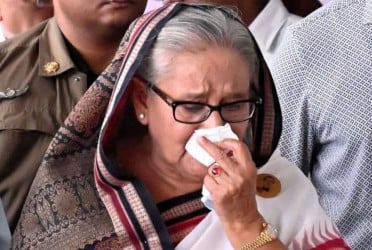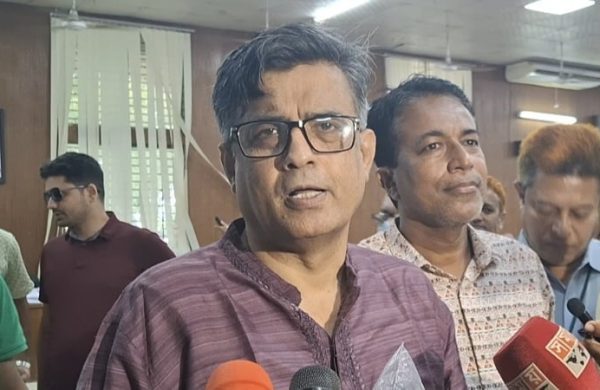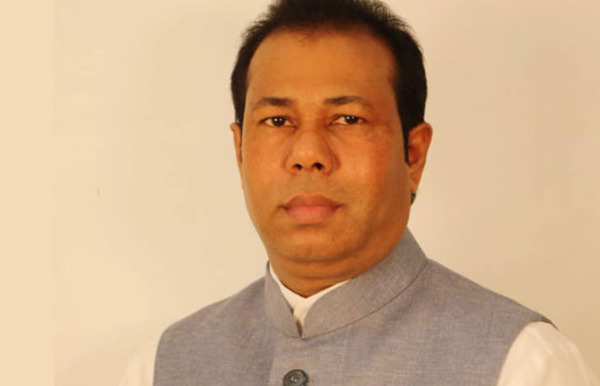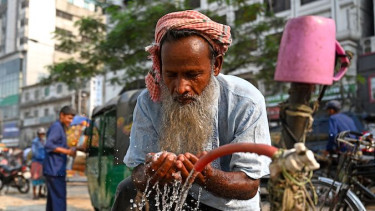Cyber violence against women rising: VOICE
- Update Time : Saturday, February 15, 2025

Staff Correspondent:
With the increasing use of the internet and digital devices, women’s access to education and employment is expanding which is resulting in new opportunities in various professions, businesses, and income-generating fields are contributing significantly to women’s empowerment.
However, a concerning downside is the rise in sexual harassment and violence against women through the use of the internet and mobile networks, according to a statement.
Victims of such cyber violence include women political activists, actresses, women poets and writers, women sports personalities, as well as marginalised women.
In this context, Voices for Interactive Choice and Empowerment (VOICE), a research-based advocacy organization, organized a dissemination event titled “Case Findings on Technology-Facilitated Gender-Based Violence in Bangladesh” on Saturday at VOICE headquarters in Dhaka.
The event was as part of VOICE’s POWER: Promoting Women’s Equality and Rights project, with the presence of journalists.
In her keynote, Promiti Prova Chowdhury, Project Manager at VOICE, demonstrated 13 cases of TFGBV tracked since October 2024.
She said: “Women engaged in ideological or professional roles, such as journalists and human rights activists, are more vulnerable to cyberattacks and bullying. Women coordinators of anti-discrimination movements and ordinary women who actively participated in protests have faced severe online harassment, significantly impacting their lives. Consequently, after the change in government, many have refrained from engaging in online political discourse or exercising their freedom of expression.”
She further emphasized that online discrimination against women manifests in various ways, including targeted misinformation campaigns, shaming based on personal beliefs, lifestyle, or profession, and the intentional spread of defamatory content.
The discussion revealed that in the three and a half years leading up to May 2024, the Police Cyber Support for Women unit received 60,808 complaints from women seeking redress for cybercrimes. Among these victims, 41% were subjected to doxxing, 18% reported Facebook account hacking, 17% faced blackmail, 9% experienced impersonation, and 8% suffered from cyberbullying.
Notably, following the government’s fall in August last year, the highest number of cybercrime complaints against women were filed in September and October with the Police Cyber Support for Women unit.
Journalists of different newspapers, television channels, and online newspapers took part in the discussion.
They suggested doing investigative stories on TFGBV in bulk to raise awareness on the matter. Moreover, they stressed the importance of training programmes on gender sensitivity for those working at the cyber support cell of police to serve the victims of TFGBV.
Speakers at the event highlighted that women are increasingly becoming primary targets of cybercriminals. Various forms of online violence include misinformation campaigns, hate speech, AI-generated explicit images and videos, cyberstalking, and threats—tactics used to humiliate and harass women in digital spaces.
Other violations include cyberstalking, morphing (manipulating women’s photos, creating fake profiles, sending sexually explicit messages), financial fraud, email hacking, impersonation or catfishing (deceiving victims through false identities), and doxxing (leaking personal information like addresses, phone numbers, and family details online).
Due to the fear of social stigma and legal complexities, many victims refrain from seeking help from law enforcement agencies.
Most survivors initially struggle to understand how to respond or where to seek redress, often hesitating to inform family members or close acquaintances. Those who do file cases frequently face obstacles in obtaining justice, leading some to extreme actions such as suicide.
The event was chaired by Ahmed Swapan Mahmud, Executive Director of VOICE, who stated, “Raising public awareness is a crucial tool in combating technology-facilitated sexual harassment.
Awareness campaigns, workshops, and outreach activities on social media should focus on educating people about different forms of online violence, its impacts, and relevant laws.
It is essential to amplify victims’ voices and raise awareness about the harmful effects of online sexual violence. Additionally, making necessary support and information easily accessible for victims is vital”.


